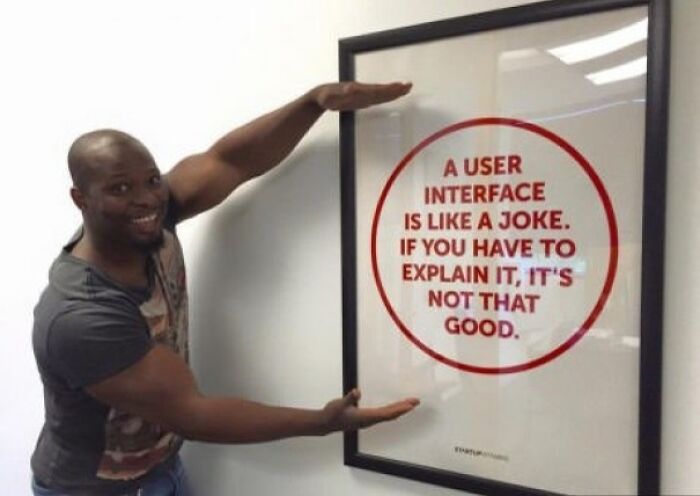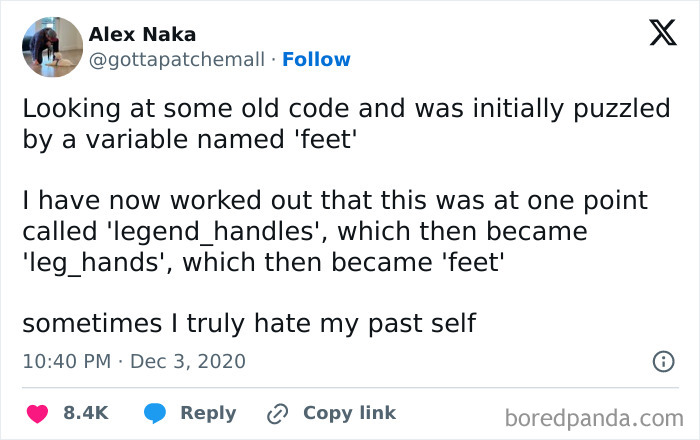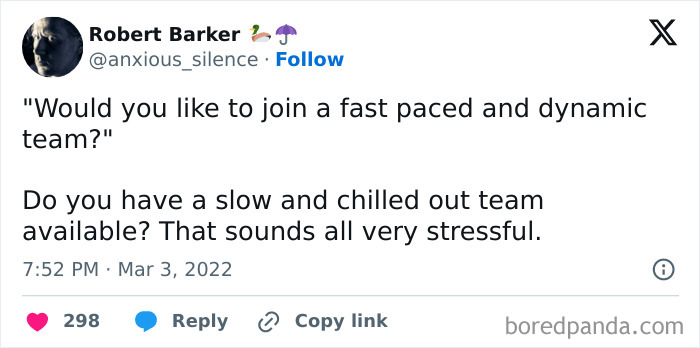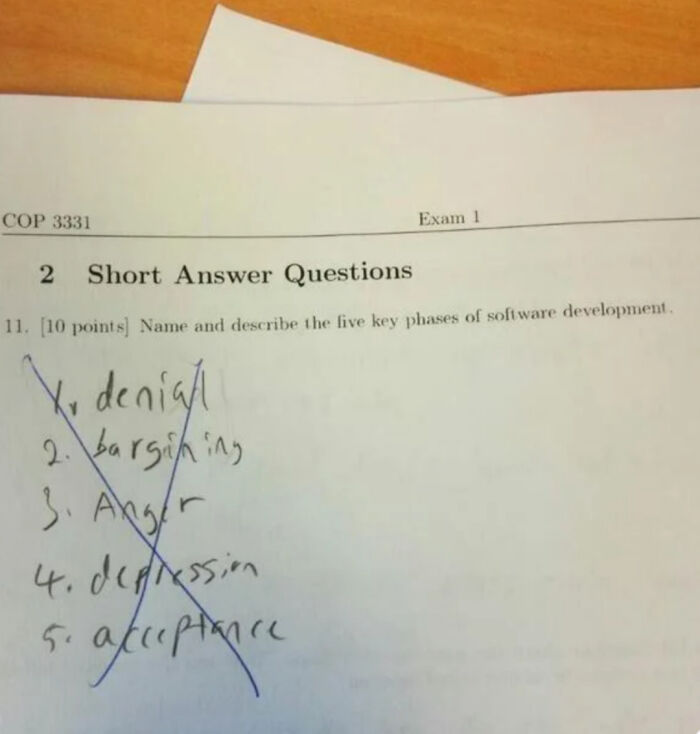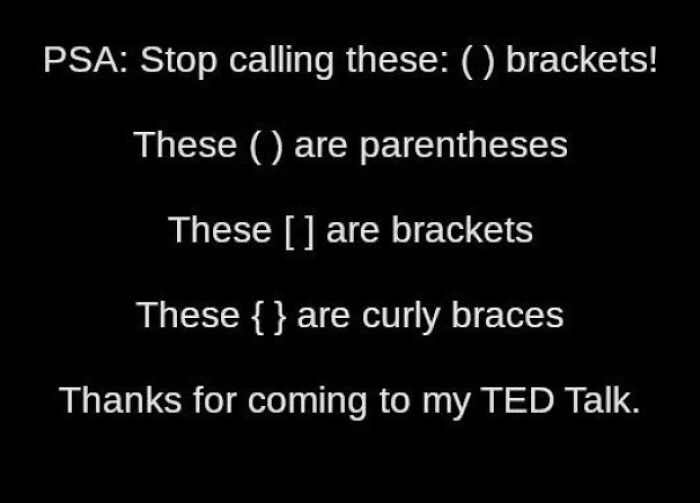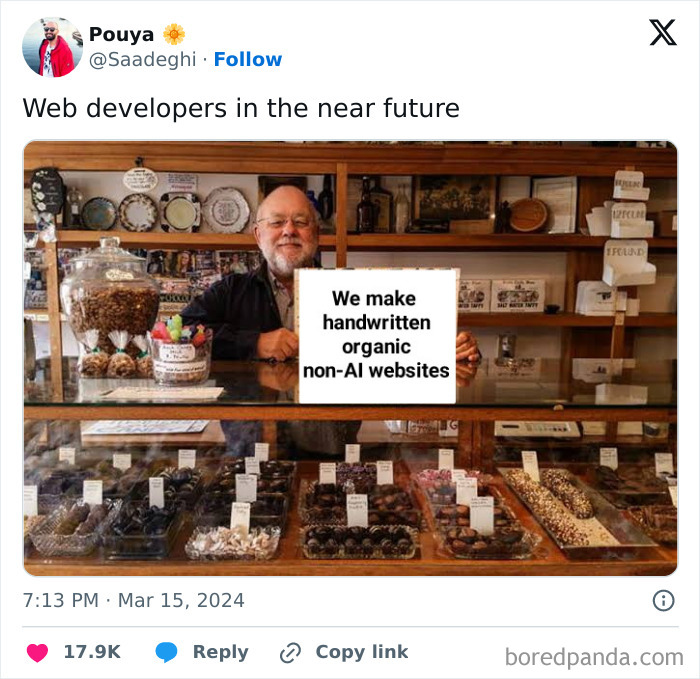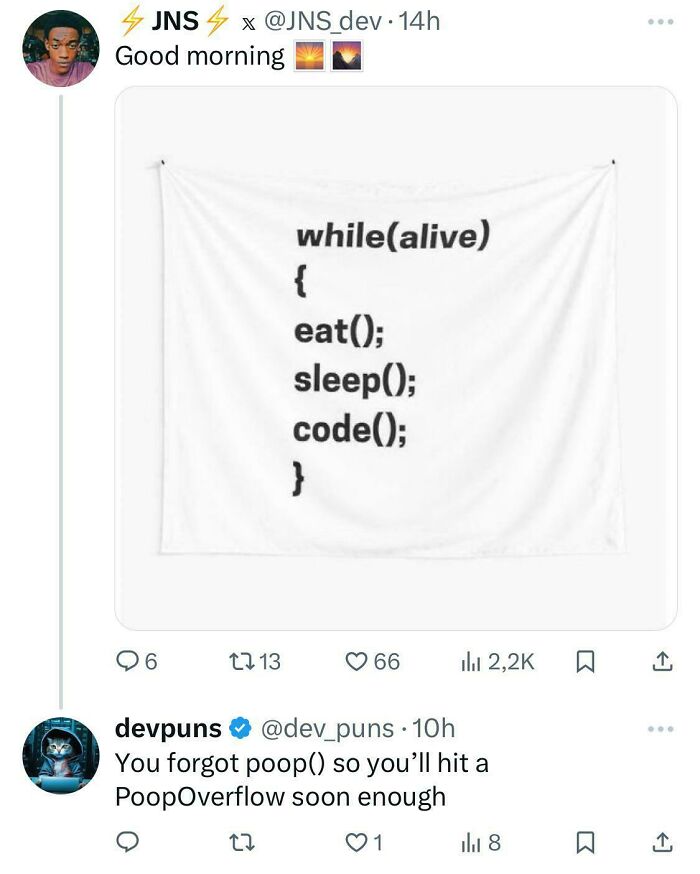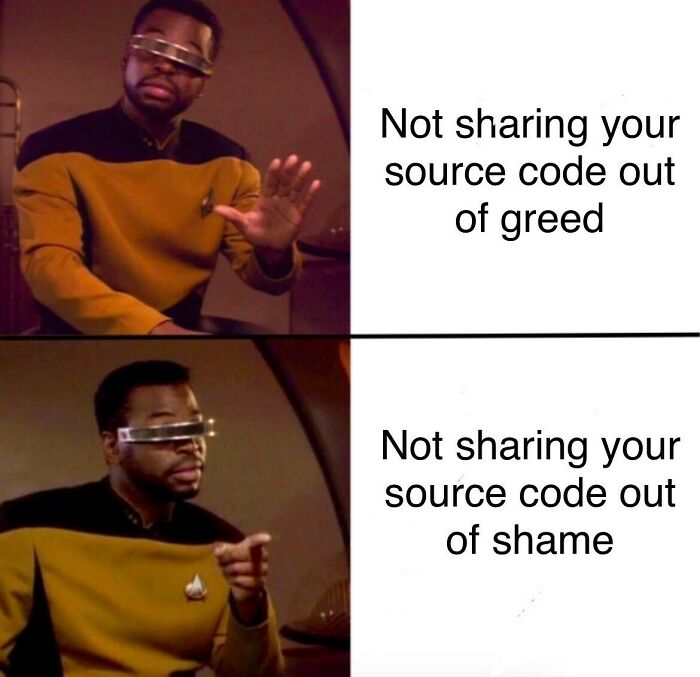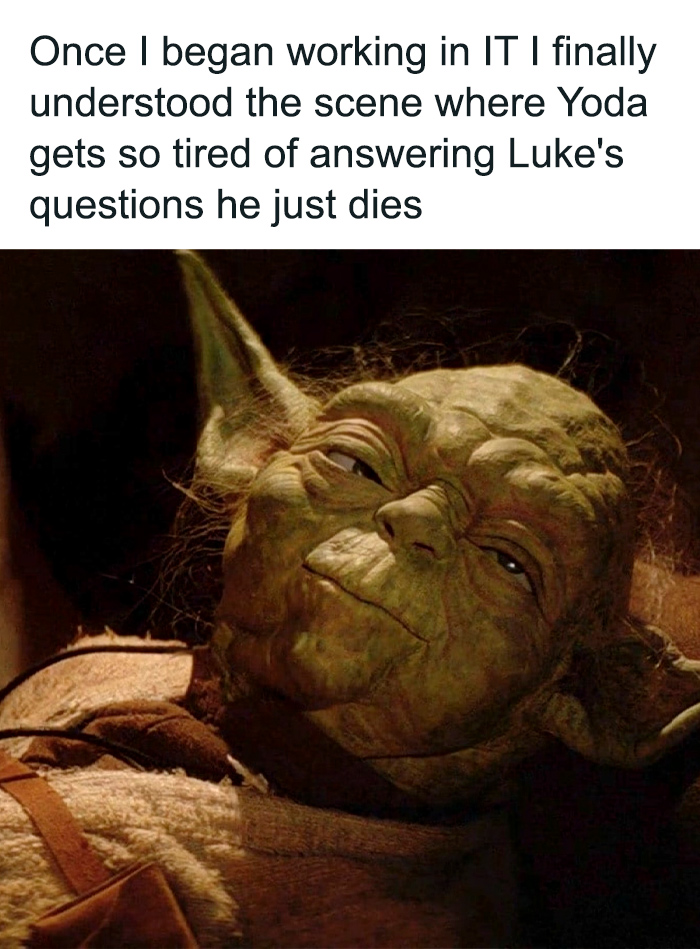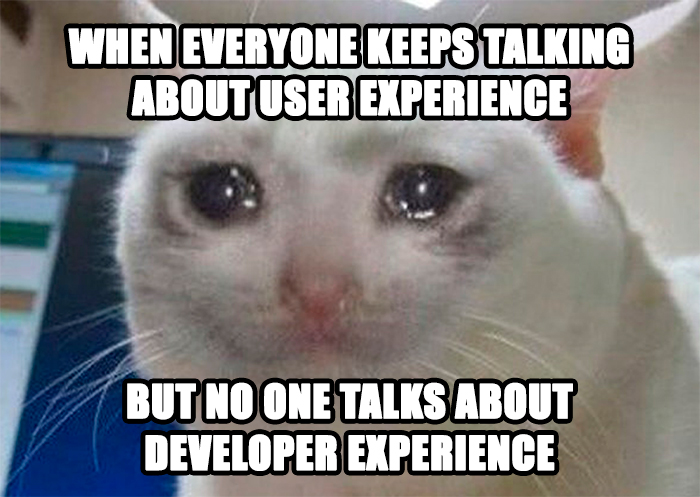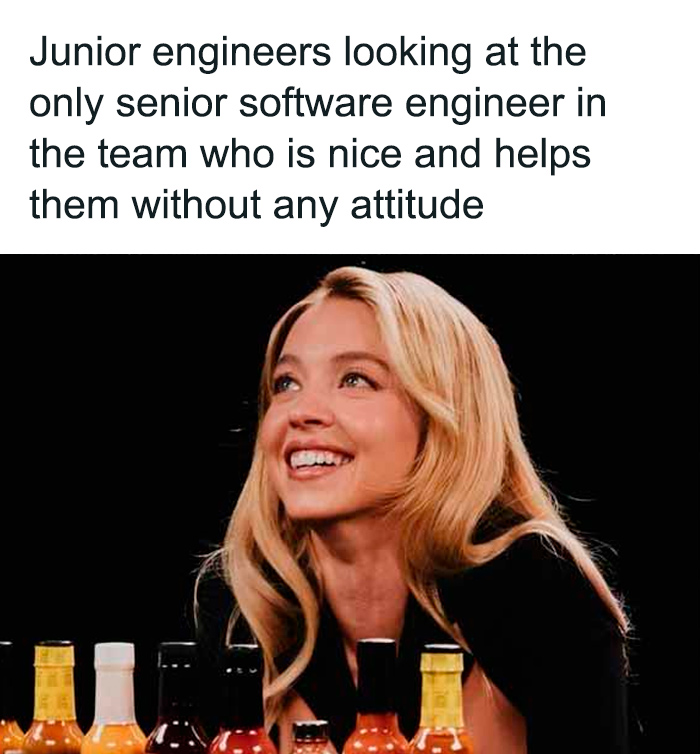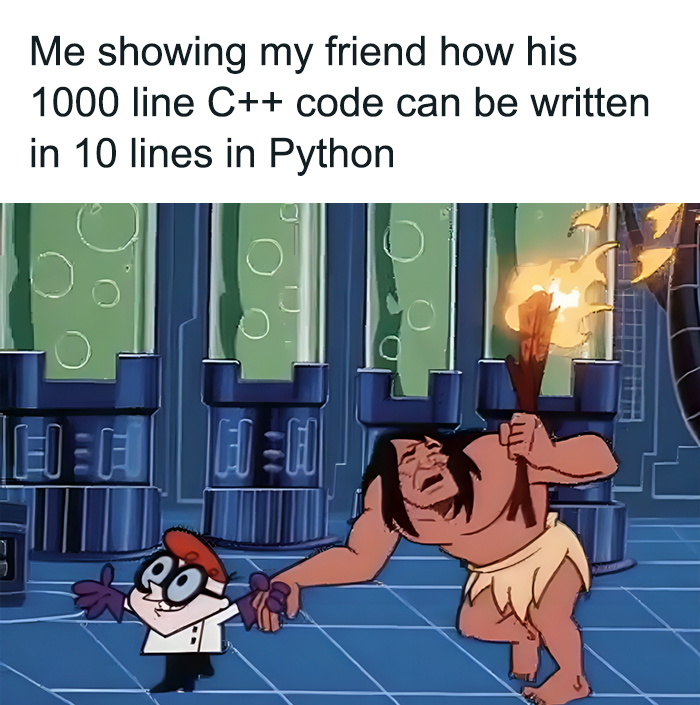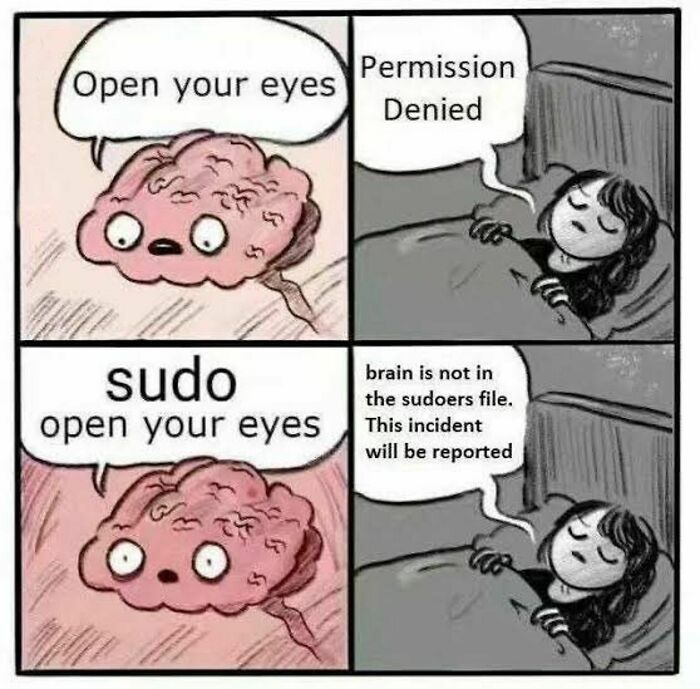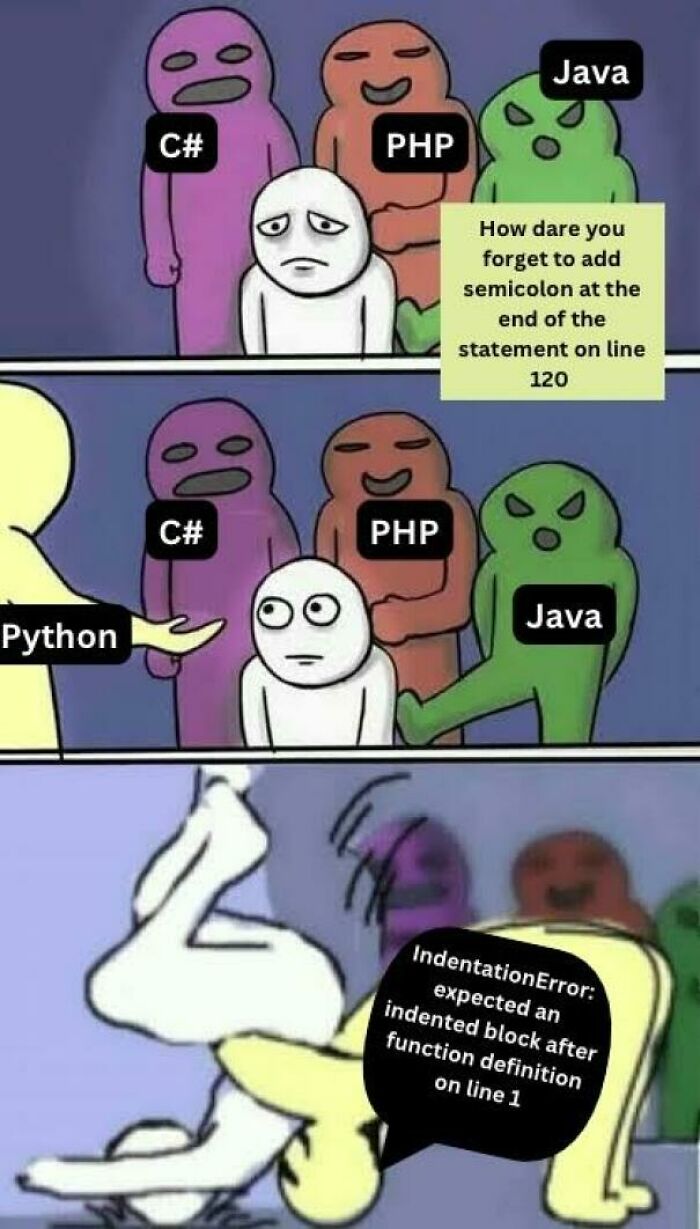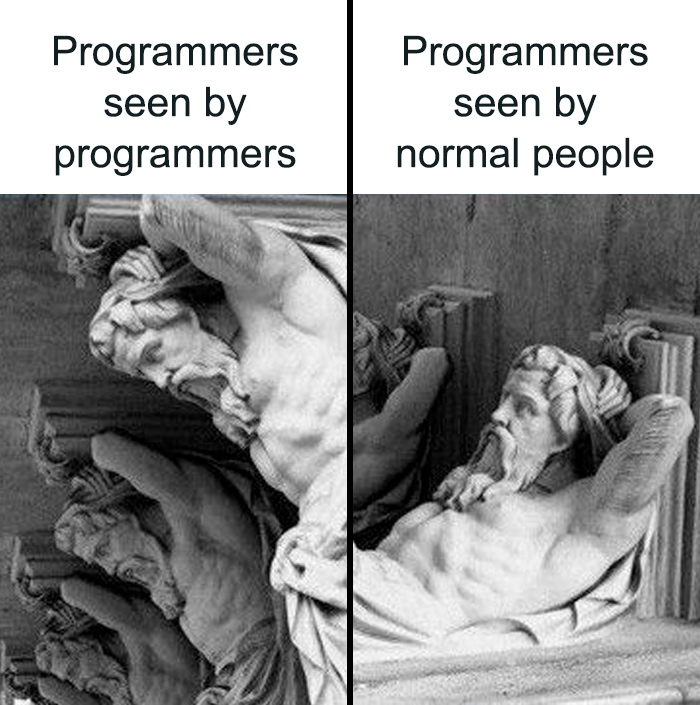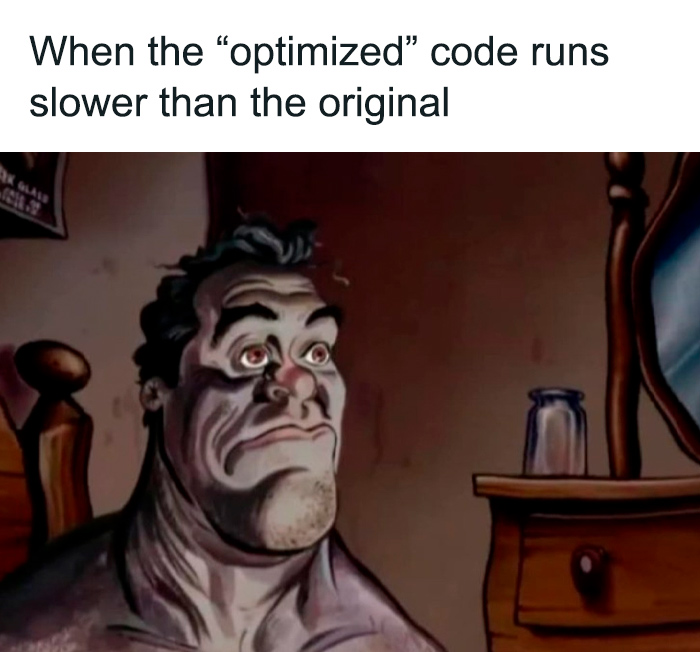Chances are many programmers can relate to the frustration of things not going right at work; those who do are likely to relate to posts on today’s list, too. While they focus more on programmer humor than programmer problems, sometimes the two go hand in hand, as some situations are so bad, it becomes funny. If you enjoy a computer-themed meme here and there or tend to browse programmer-focused content, scroll down to find some entertaining material, as shared on the ‘Programmer Humor’ subreddit, and enjoy a hearty giggle. If you’re interested in more than just programming, below is where you will also find Bored Panda’s interview with a seasoned specialist with over three decades of experience in IT, Trevor Paquette, who was kind enough to share his views on humor in the digital age. “Jokes and memes now often play on the frustrations and idiosyncrasies of consumer technology, social media, and the internet culture at large. Humor about video call glitches, autocorrect fails, and the not-so-smart aspects of smart technology are relatable to a wider audience.” (If you’re curious, in the Android vs. iOS battle, the former seems to be the more popular mobile operating system, in Europe at least, comprising roughly 65% of European mobile phones.) “Humor targeting these rivalries can be particularly divisive and can spark ‘comment cage-matches’ where discussion threads become battlegrounds for fans and detractors alike,” the IT expert suggested. “This ‘protectionism’ in IT humor underscores the broader cultural trend where technology choices are seen as extensions of personal identity. Jokes that in past decades might have been dismissed with a chuckle can now be taken as personal affronts, as they’re seen as criticizing not just a product but a lifestyle or even a worldview. This dynamic can stifle the light-hearted nature of humor, requiring a careful balancing act to navigate between making universal jokes that won’t offend and poking fun at the peculiarities that make the IT world so diverse and engaging.” “With AI, users can create humorous content more easily, customizing memes or generating jokes with tools that didn’t exist a few years ago,” he explained. “AI-driven platforms can suggest funny captions, create images, or even write comic strips based on user prompts. This has lowered the barrier to content creation, allowing more people to participate in IT humor. It has also led to a meta-layer of humor, where AI’s occasional failures or misunderstandings become the joke themselves.” “AI excels at dealing with data, analytics, and increasingly, in automating routine coding tasks, but when it comes to the creative and interpretive aspects of humor, it can fall short. Humor often relies on shared cultural references, timing, and an understanding of human emotions and subtleties that AI has yet to fully grasp.” Trevor emphasized that online communities often shed light on instances where AI misunderstands a prompt or creates a nonsensical or humorously incorrect output, like erroneously validating that 1 + 1 could equal 4. These examples are shared both as entertainment and as a reminder of the limitations of current AI technology. “They serve to highlight that while AI has advanced significantly, it still lacks the depth of understanding that comes naturally to humans. It’s a demonstration that AI, in its current state, is not infallible and that its ‘missteps’ can be sources of humor in themselves.” Follow Bored Panda on Google News! Follow us on Flipboard.com/@boredpanda! Please use high-res photos without watermarks Ooops! Your image is too large, maximum file size is 8 MB.
